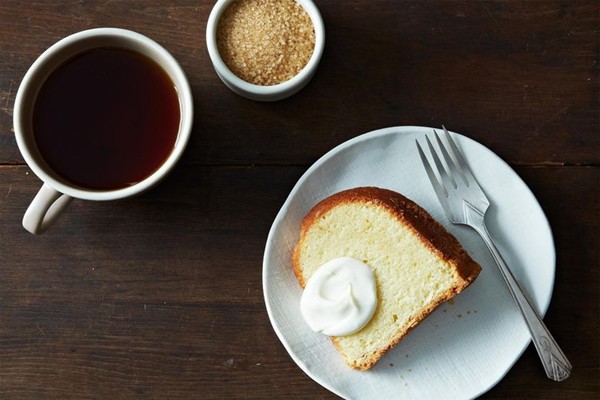Is it really necessary to preheat the oven?
January 28, 2020 by DarcieWhether you are baking a cake, making a stew, or roasting vegetables, almost every recipe you find will begin with a simple instruction: preheat the oven to xxx degrees. But is this step really necessary? That’s the question recently tackled by The Guardian’s Kitchen Aide column.

Some would argue that it is a waste of time and energy, but the response from most chefs and food writers is a ‘yes’ for preheating. Says consultant chef Rosie Sykes: “It’s the culinary equivalent of hitting the ground running. Some dishes, such as bread and cakes, require an immediate blast of heat, either to push them into action or to make them set as fast as possible.”
A few years back, Cook’s Illustrated decided to run a few tests to see if preheating was indeed a requirement for successful results. They baked cakes and cookies either in a fully preheated or partially preheated oven. The results depended on what type of oven was used and whether it preheated from the bottom only or from both the top and bottom. In ovens that preheated only from the bottom, the difference was slight, but in those that used a top element for preheating, the results were disastrous. Food placed in the oven before it was fully preheated was exposed to a blast of direct heat from above, ending in overly browned cake tops and stunted cookies. Cook’s recommends fully preheating to avoid any problems.
In some instances, however, there is no need to preheat. For example, things cooked in liquid such as stews or beans are shielded from any direct heat so it doesn’t make much difference whether you preheat the oven or not. However, you don’t gain much by not preheating, especially since you will need to spend some time prepping whatever dish is going to be baked.
There are a handful of recipes that explicitly instruct you to NOT preheat the oven. The most famous of these is cold oven pound cake, which is baked for a long time at a relatively low oven temperature. Cook’s Country says that using a cold oven gives the leavening agent more time to work, which produces a greater rise. I have not done a comparison to see if this is true or not – if you have firsthand experience with this, please let me know.
Perhaps the advice from Ben Glazer of Coombeshead Farm in Cornwall is the best response to the question at hand. He says that the benefits of preheating are worth any extra expense or time involved: “At the end of the day, any time, money and energy you think you’re saving by not preheating will be counteracted by the extra time and energy it takes for the loaf to bake.”
Photo of Cold-oven pound cake from Food52 Baking
Categories
- All Posts (6940)
- Antipasto (2135)
- Author Articles (247)
- Book News (935)
- Cookbook Giveaways (983)
- Cookbook Lovers (257)
- Cooking Tips (109)
- Culinary News (299)
- Food Biz People (552)
- Food Online (791)
- Holidays & Celebrations (272)
- New Cookbooks (149)
- Recipes (1500)
- Shelf Life With Susie (231)
- What's New on EYB (133)
Archives
Latest Comments
- Atroyer7 on Danube Cookbook Review and Giveaway
- demomcook on What foods do you look forward to the most for each season?
- demomcook on Danube Cookbook Review and Giveaway
- Darcie on How cookbooks can help build resilience
- mholson3 on Danube Cookbook Review and Giveaway
- Rinshin on How cookbooks can help build resilience
- sarahawker on Danube Cookbook Review and Giveaway
- Sand9 on Danube Cookbook Review and Giveaway
- hankintoby29 on Heritage Cookies of the Mediterranean World – Cookbook Giveaway
- WBB613 on Feasts of Good Fortune Cookbook Giveaway